Microsoft: One year under Steve Ballmer
It's been one year since Bill Gates left Microsoft in Steve Ballmer's hands. What kind of year have we seen?
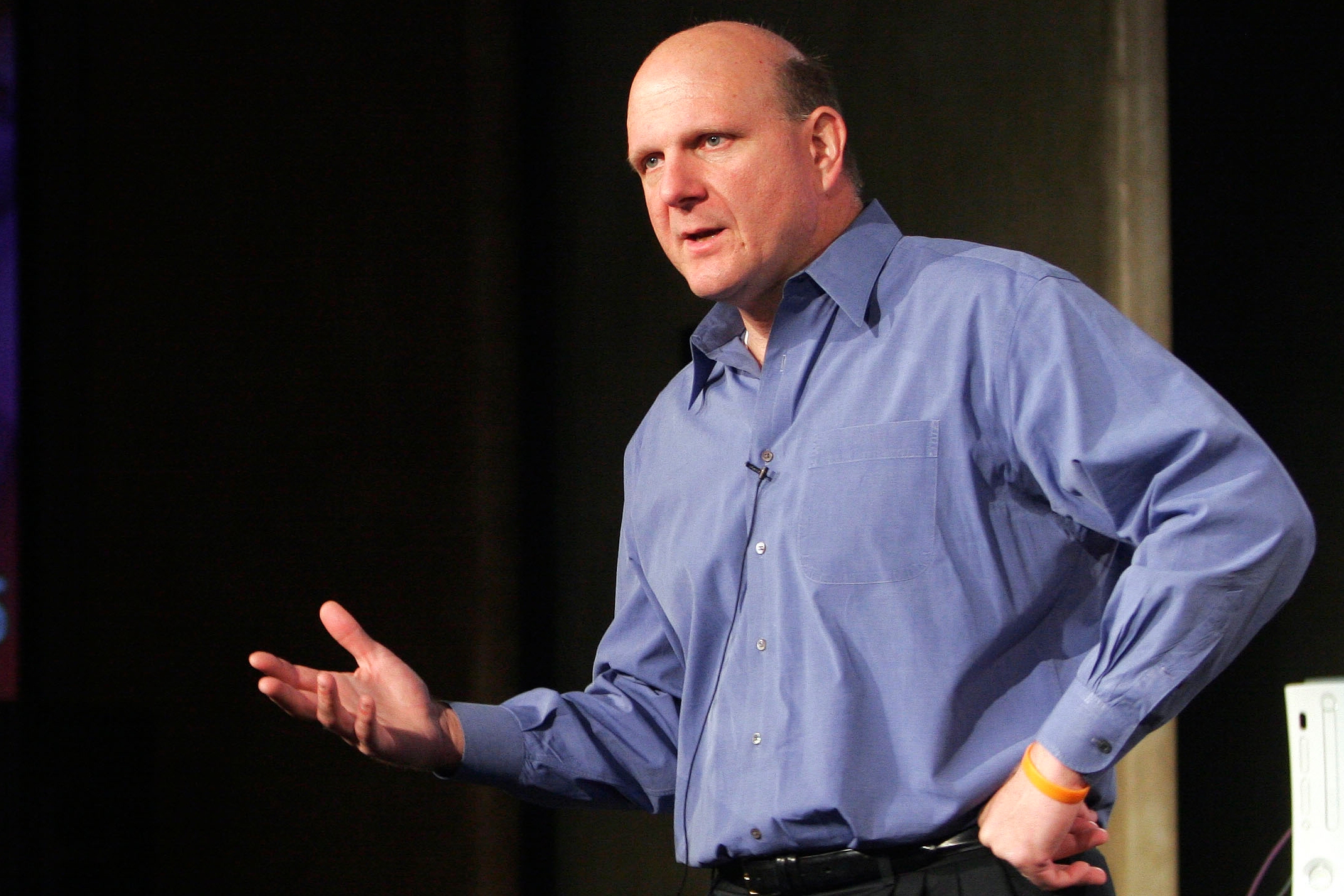
When, in a now-infamous YouTube clip, Microsoft's Steve Ballmer ran onto a stage and started chanting "Developers, developers, developers", sweat pouring off his head, he didn't give the impression as the natural successor to William Gates III.
Yet when Gates decided to finally leave his formal position at Microsoft twelve months ago, it was Ballmer who assumed control of the company. But just what kind of year has he had?
The honest answer: not a bad one.
Inheritance
Ballmer inherited a Microsoft that was potentially wobbling a little.
Twelve months ago, Google and Yahoo had just announced a deal that would allow the former's ad technology onto the latter's sites. Windows Vista was still struggling to achieve its hoped-for numbers. And the firm was recovering from the EC slapping it with a record 1.35bn fine for anti-trust and anti-competitive behaviour.
With its products struggling to hold market share although, granted, they still had a lot of market share it threatened to be a defining moment for Microsoft, and suggestions were rife that Ballmer had inherited something of a poisoned chalice.
Sign up today and you will receive a free copy of our Future Focus 2025 report - the leading guidance on AI, cybersecurity and other IT challenges as per 700+ senior executives
It's fair to say that his ascension to the top seat didn't have an immediate impact, but as his first year went on, things started looking up for Microsoft. Firstly, outside of its control, the suggested Google and Yahoo union was abandoned in November of 2008, when Google got word that US regulators would investigate it were it to go ahead.
The threat to Microsoft had this gone ahead was not small. The firm and Ballmer was reportedly the driving force behind this had spent the first half of 2008 pursuing Yahoo, with an offer that was originally just shy of $50 billion. With the kindness of hindsight, Microsoft must feel it had a narrow escape.
When Yahoo was eventually successful in resisting Microsoft's overtures at the ultimate expense of its share price and chief exec Jerry Yang's job it was placed second in the internet search market, although a country mile behind first place. A deal with Google would have left Microsoft even further behind the competition, yet when said deal fell through, Yahoo was exposed. And Microsoft, this time, was primed to take advantage.
Bing and Windows
At the end of May 2009, it launched its new search engine Bing, developed at a fraction of the cost of the Yahoo deal. And within one week, it had snatched second place from its long-time rival. Initially, this was put down to the novelty factor, but continuing numbers have suggested that Bing may be bedding in.
According to Comscore numbers, Bing had snatched 12 per cent of the search market by the second week of June. That said, Google was expanding market share too, yet at the very least, Bing has been damaging Yahoo, and finally giving Microsoft a platform to at least attack Google with.
Even Ballmer, however, has had to concede that it would take years to get near Google's position. But it's still looking stronger than a year ago.
And Ballmer has other successes to celebrate. For, with its Windows 7 product, Microsoft seems to have re-seized the initiative in the area of its business on which is most depends.
At the core of the warm response that Windows 7 has been getting is the openness at the heart of the product. Keen to placate the naysayers who were underwhelmed by Windows Vista, Microsoft took the risk of allowing anyone up to a certain number to download and try a beta version of Windows 7 for free. When that number limit was hit, the firm quickly reacted, and lifted such restrictions.
-
 Microsoft angers admins as April Patch Tuesday delivers password feature without migration guidance
Microsoft angers admins as April Patch Tuesday delivers password feature without migration guidanceNews Security fixes include a zero day exploited by a ransomware group and seven critical flaws
-
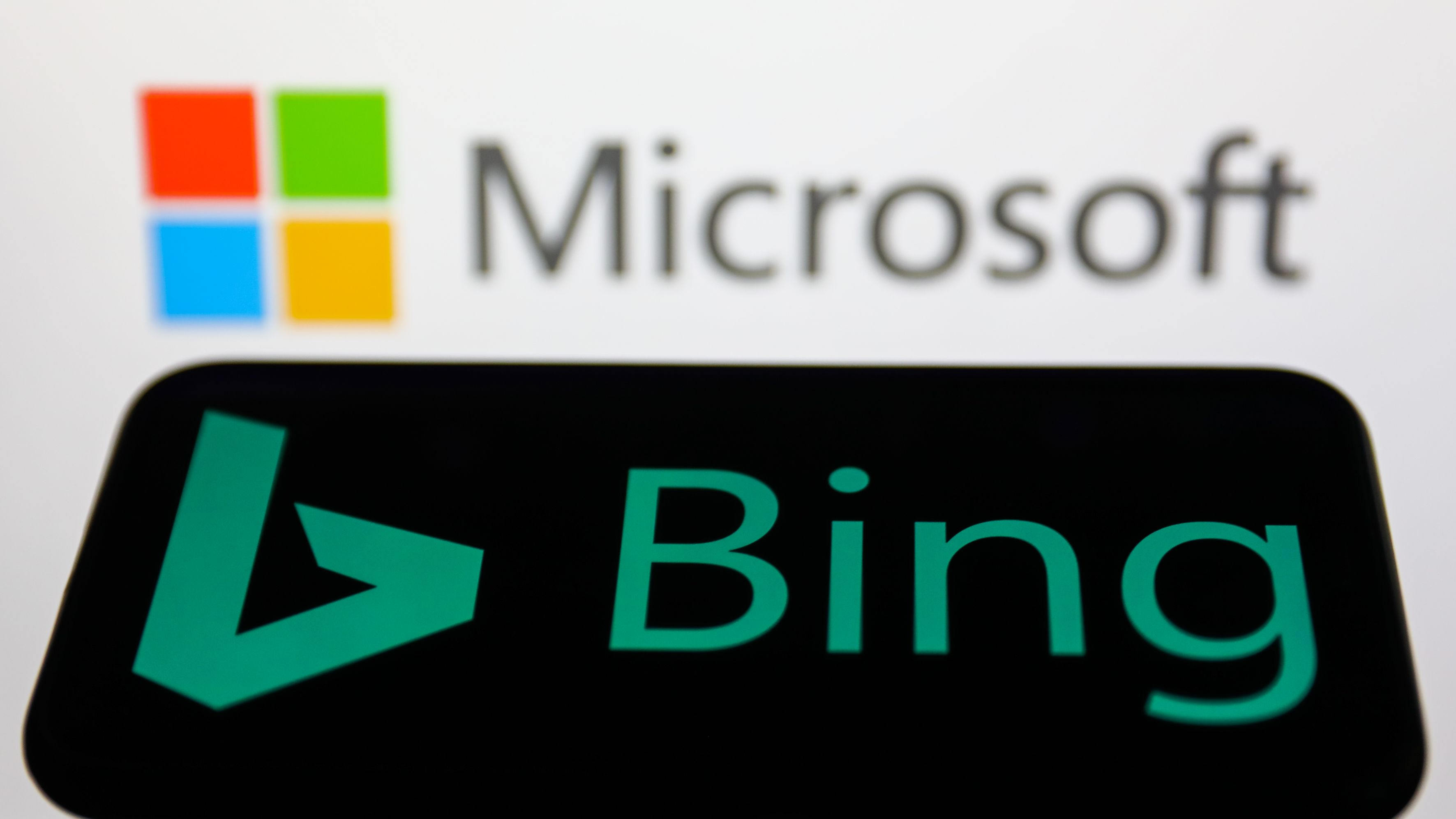 Microsoft hikes Bing Search API prices to “reflect technology investments”
Microsoft hikes Bing Search API prices to “reflect technology investments”News Microsoft cited recent high-profile investments in Bing as justification for the price increases
-
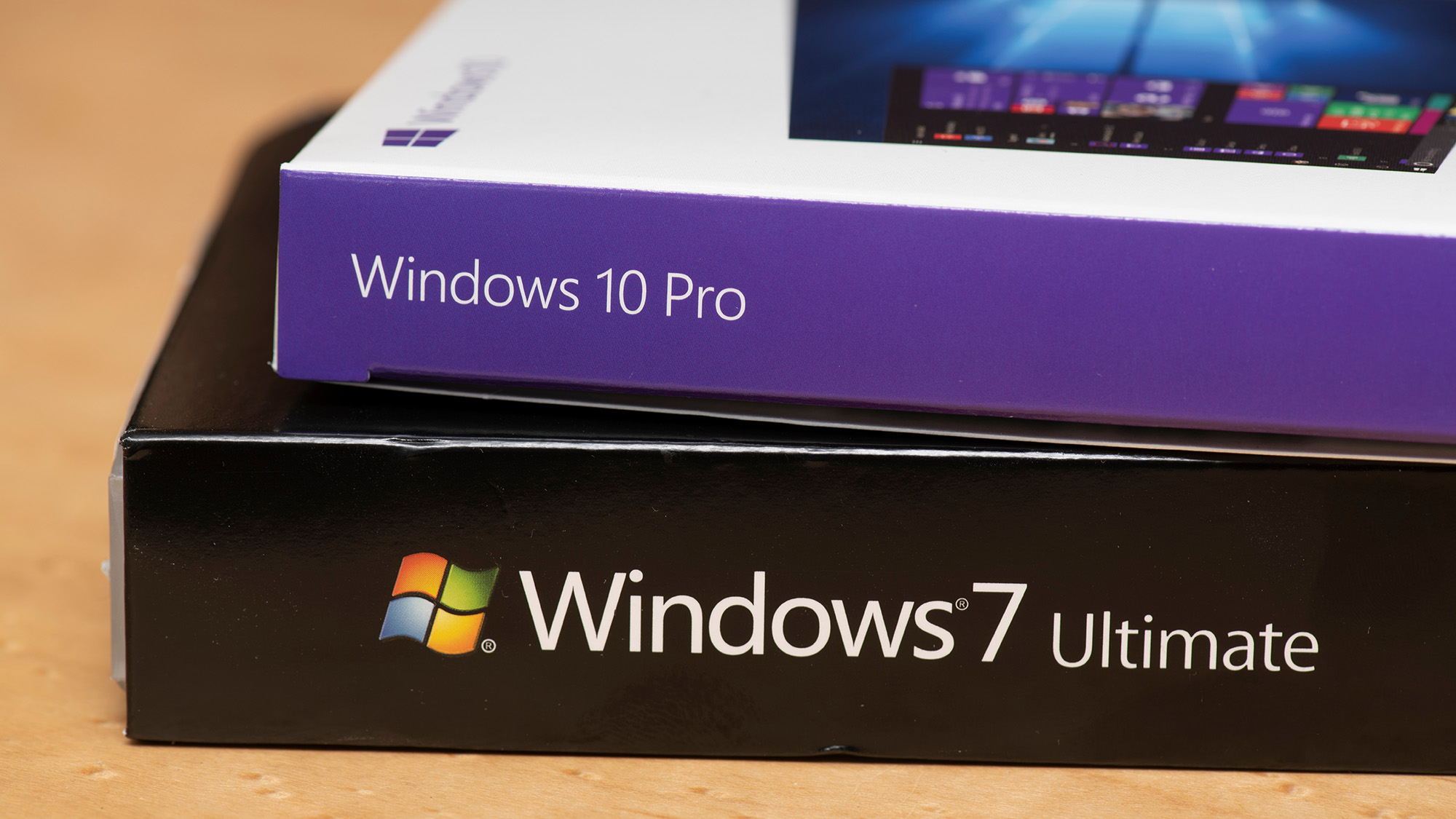 Managing a late migration
Managing a late migrationOpinion When it comes to moving from Windows 7 to Windows 10, it's better late than never
-
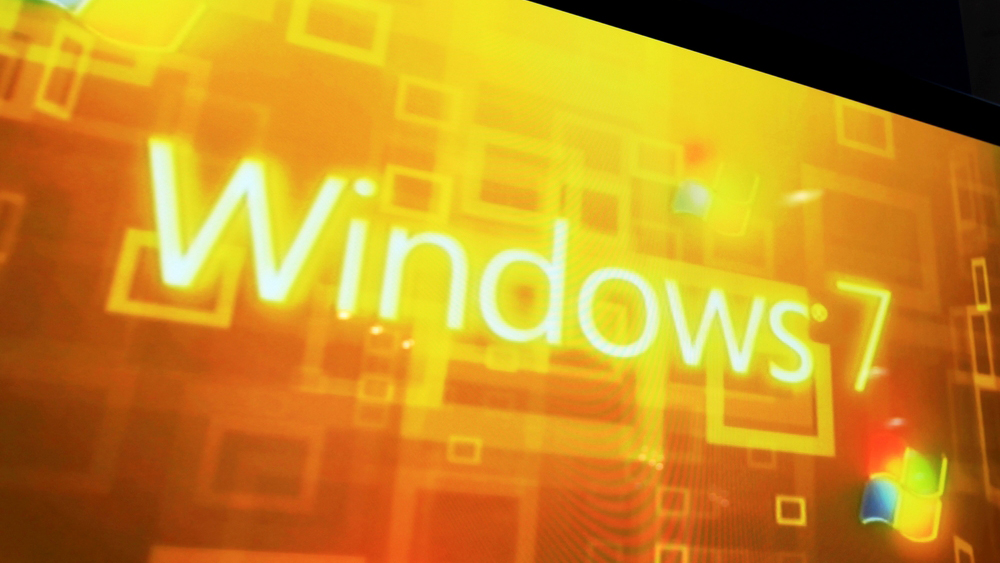 How to set up a Windows 7 emulator for Windows 10
How to set up a Windows 7 emulator for Windows 10Tutorials A complete guide for setting up a Windows 7 emulator for Windows 10 so you don’t lose access to your apps
-
 The autopsy of Windows 7
The autopsy of Windows 7In-depth Report of a postmortem examination
-
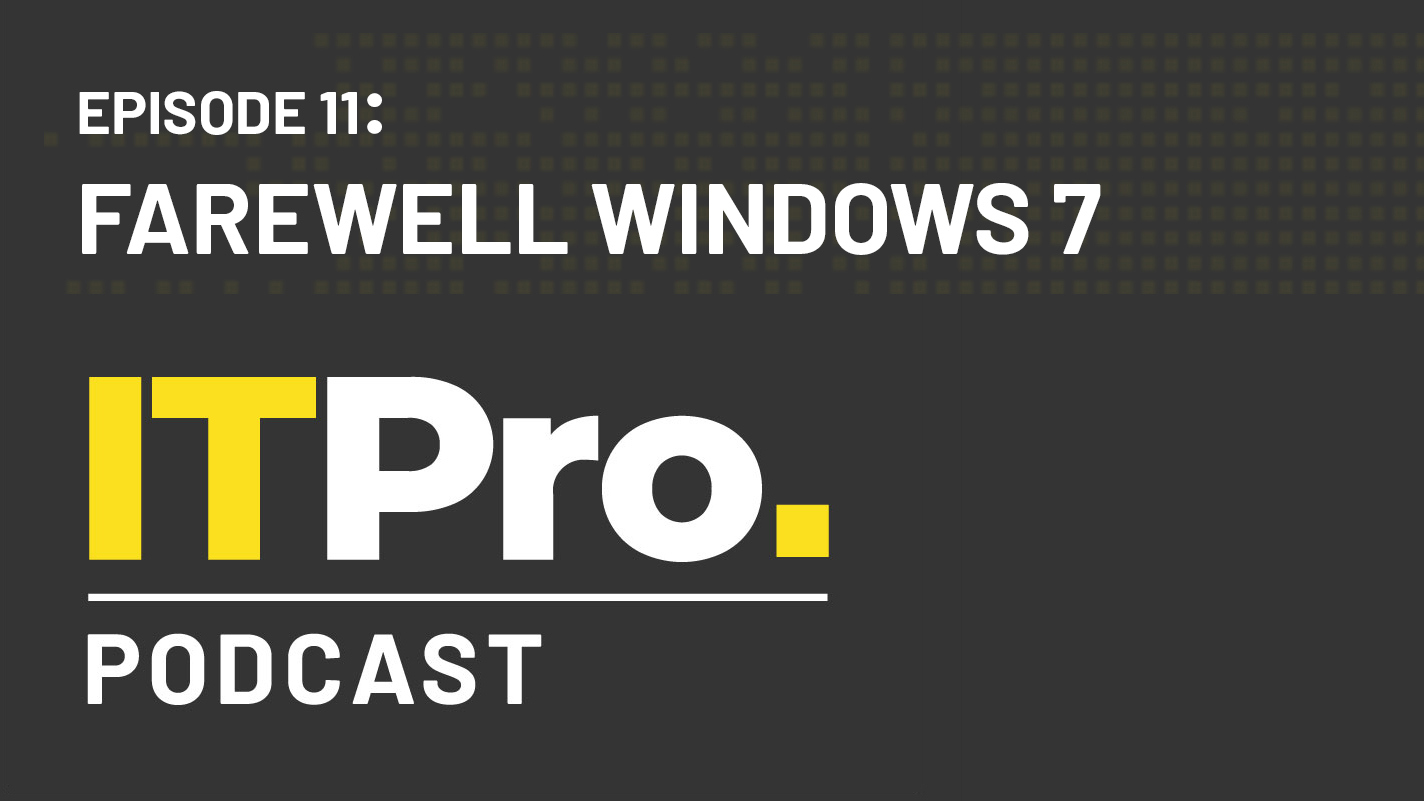 The IT Pro Podcast: Farewell Windows 7
The IT Pro Podcast: Farewell Windows 7IT Pro Podcast We reflect on the legacy of one of Microsoft's most enduringly popular operating systems
-
 Windows 7 ends: what do you do next?
Windows 7 ends: what do you do next?In-depth From SMBs to big business and individuals, after 10 years it's time to move on from Windows 7
-
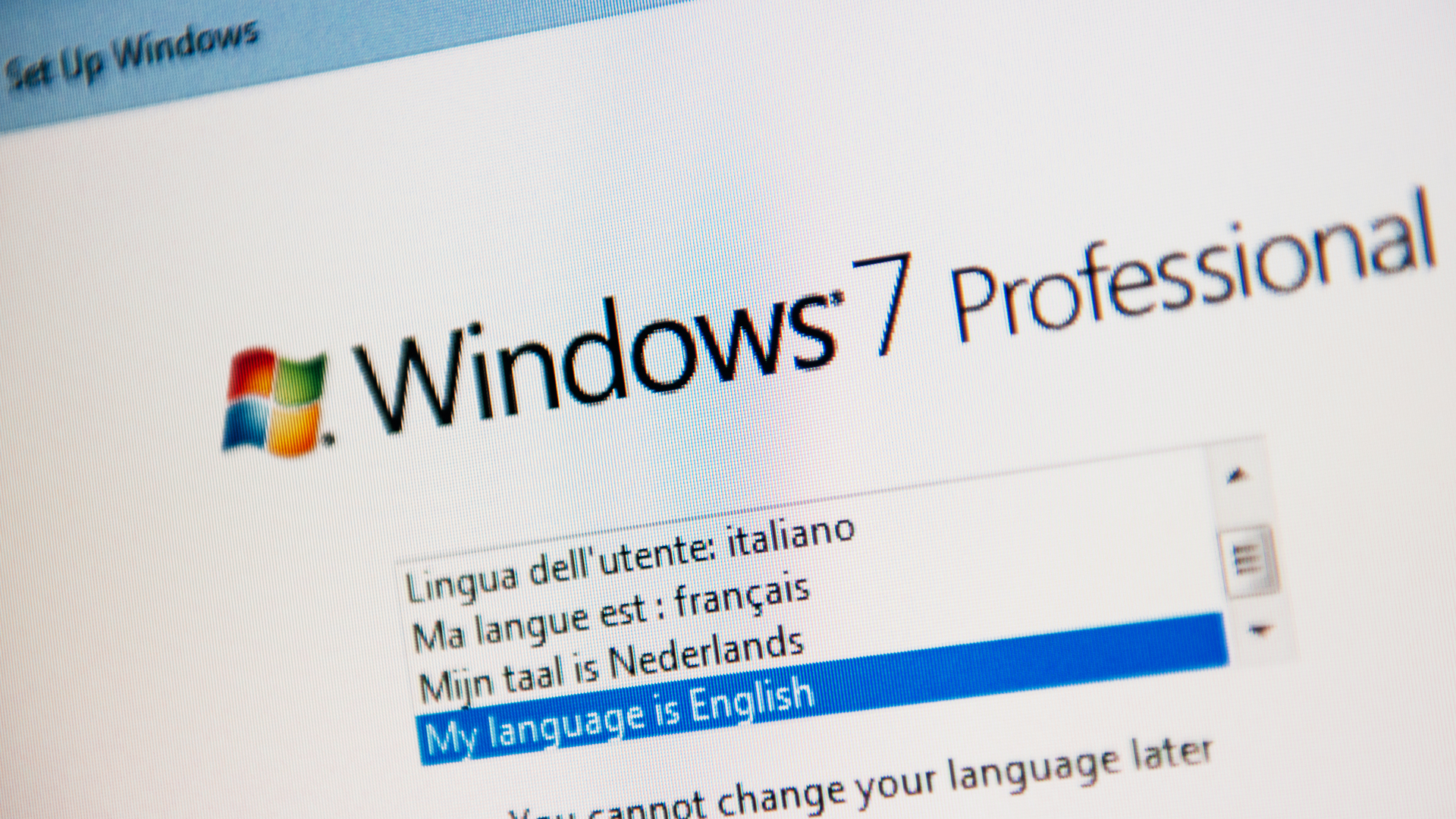 Windows 7 end of life: What to do if you haven't upgraded yet
Windows 7 end of life: What to do if you haven't upgraded yetIn-depth Microsoft has now officially moved Windows 7 to end of life, meaning it's no longer a viable business platform

